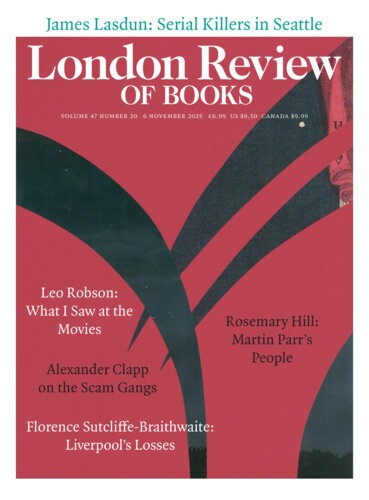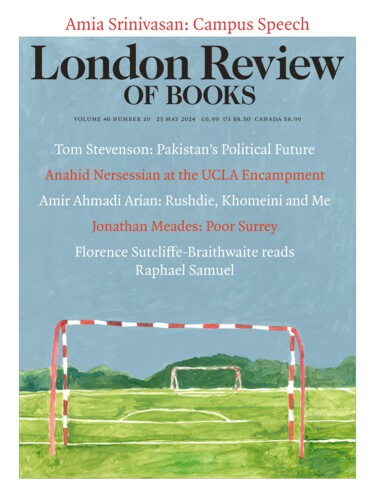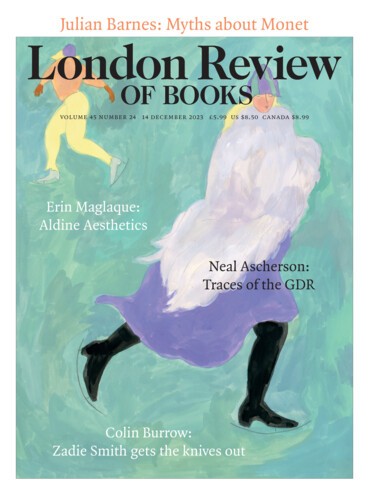At the National Gallery: View from a Prison Window
John-Paul Stonard, 6 November 2025
AView of the Sky from a Prison Window, painted in 1823 by the German artist Carl Gustav Carus, now hangs in the National Gallery. It is one of a handful of recent acquisitions, which include an intricately painted Banquet Still Life by the 17th-century Dutch painter Floris van Dijck, and the spectacularly eccentric (and currently anonymous) 16th-century Virgin and Child with Saints Louis and...





